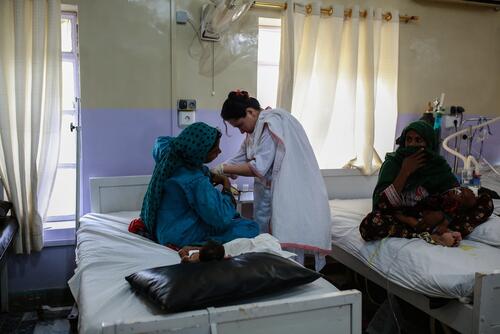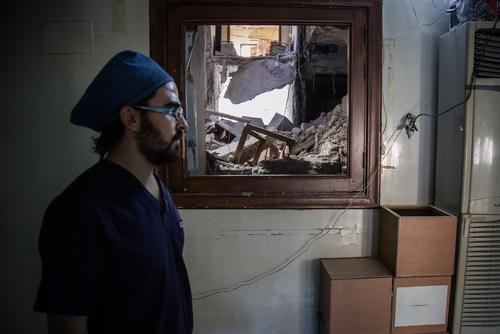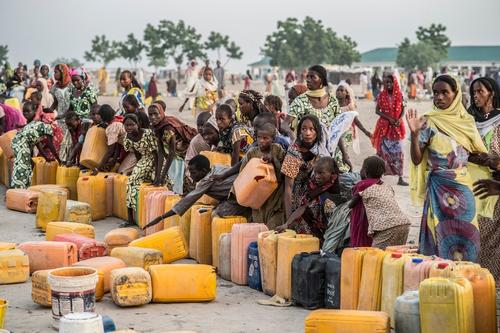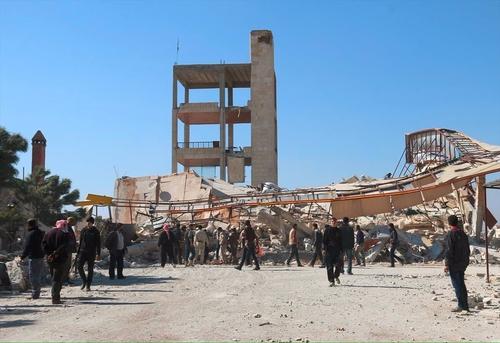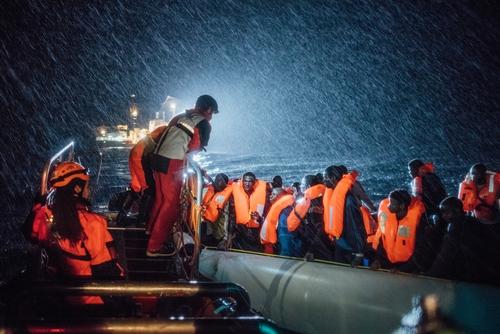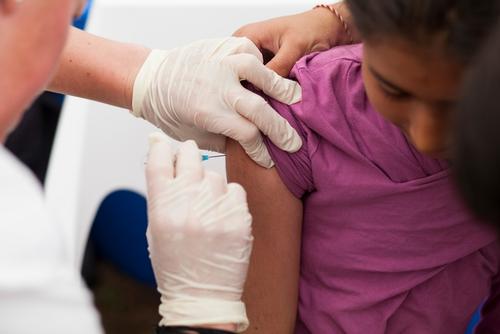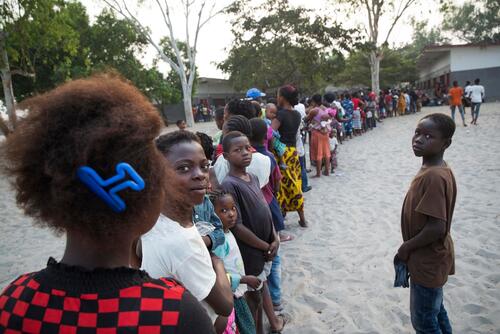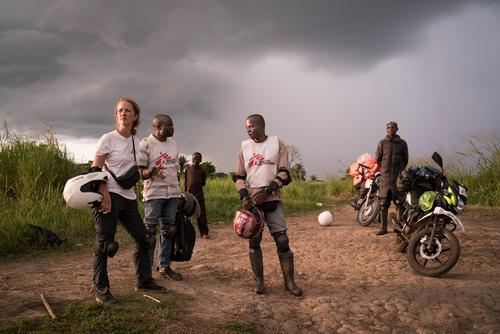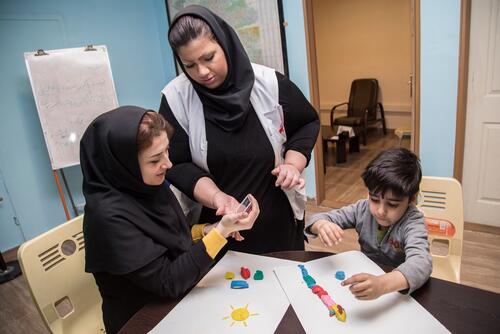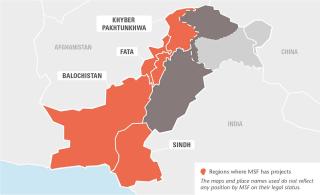
296,900
296,9
25,600
25,6
16,300
16,3

9,400
9,4
5,500
5,5
2,700
2,7

2,200
2,2
Healthcare for women and children is a serious concern: women in rural areas die from preventable complications during pregnancy and delivery, and neonatal care is unavailable in many areas: according to the Pakistan Demographic and Health Survey, one in every 11 children dies before the age of five. MSF continues to support health authorities in responding to urgent needs.
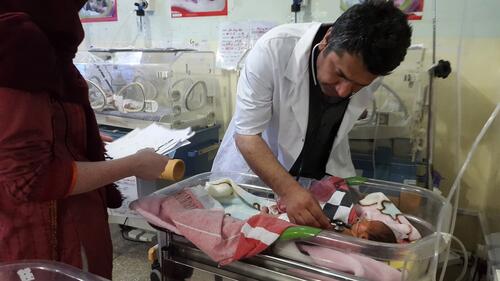
Mother and child health in Balochistan
MSF runs a 60-bed paediatric hospital in Quetta, with a neonatal unit, an inpatient therapeutic feeding centre for children under five years with severe acute malnutrition, and an isolation ward. In 2016, 800 patients were admitted to the hospital and 2,385 malnourished children received treatment. Until April, the hospital also operated a paediatric ward.
In Kuchlak, 20 kilometres north of Quetta, MSF manages a mother and child health centre offering outpatient treatment and nutritional support for children under five and 24-hour emergency obstetric care. Patients with emergency obstetric complications are referred to Quetta. Psychosocial counselling is also available in the clinic. Until July, MSF offered outpatient paediatric and reproductive health services. In 2016, MSF staff carried out 39,527 outpatient consultations and assisted 4,989 births.
In Kuchlak and Benazir Bhutto hospital in Mari Abad, MSF treated 2,555 patients for cutaneous leishmaniasis.
Near the Afghan border, MSF works with the Ministry of Health at Chaman district headquarter hospital, providing reproductive, neonatal and paediatric healthcare, and inpatient and outpatient nutritional support for malnourished children under five. These services are available to local residents, Afghan refugees and people who cross the border seeking medical assistance. In 2016, 1,060 patients were admitted to the neonatal and paediatric wards, 4,080 births were assisted, including 248 caesarean sections, and 1,321 malnourished children received treatment. MSF supports the Ministry of Health in emergency room for trauma cases and treated 6,971 patients in 2016.
MSF continues to work in the eastern districts of Jaffarabad and Naseerabad, supporting an inpatient therapeutic feeding programme for severely malnourished children, and the general paediatric and neonatal wards in Dera Murad Jamali district headquarters hospital. Teams also run an outpatient therapeutic feeding programme through a network of mobile clinics and outreach sites. In 2016, MSF reopened the mother and child health unit in collaboration with the health authorities; 11,474 children were treated for malnutition, 821 patients were admitted to the neonatal and paediatric wards, and 484 births were assisted.
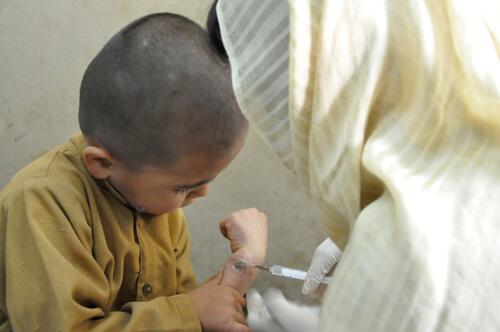
Federally Administered Tribal Areas (FATA)
MSF provides medical care to vulnerable communities in Bajaur, the northernmost tribal agency. At Nawagai civil hospital, teams work in the outpatient department, stabilisation room and mother and child health unit, and also provide treament for cutaneous leishmaniasis, endemic in Bajaur. In 2016, 31,069 outpatient and 8,152 emergency consultations were conducted. In addition, MSF supports Khar Agency headquarters hospital in the event of a large influx of casualties.
At Sadda Tehsil headquarters hospital in Kurram Agency, MSF provides outpatient care for children under five years of age, and inpatient care for children under 12
years of age; treatment for cutaneous leishmaniasis; antenatal care and obstetric and emergency referrals; and supports the Ministry of Health in emergencies. In 2016, staff carried out, on average 3,000 outpatient consultations per month. At the smaller Alizai hospital, they conducted an average of 120 paediatric outpatient consultations each week. MSF temporarily opened a medical point at New Durrani camp in May to assist displaced people.
Emergency and maternal care in Khyber Pakhtunkhwa (KPK)
MSF offers comprehensive 24-hour emergency obstetric care at Women’s Hospital in Peshawar for patients referred from surrounding districts and FATA. The hospital has 24 obstetric beds and an 18-bed neonatal unit for specialised care for premature and severely ill newborns. In January, the new outreach team started working to improve links between patients, hospital and the community. In 2016, 4,906 deliveries were assisted, including 479 caesarean sections.
In Timurgara, around 200 kilometres north of Peshawar, MSF supports the district headquarters hospital’s emergency, resuscitation and observation rooms, as well as the neonatal unit. Teams provide comprehensive emergency obstetric care, including surgery, and assisted 9,627 births in 2016. The ‘cardiac corner unit’ treated 2,667 patients with acute coronary syndrome, and the mental health team carried out 3,987 consultations. Staff also ran community health awareness-raising activities and conducted a total of 7,713 sessions. In December, MSF added a new digital X-ray facility to its services.
Healthcare for Machar Colony
In Karachi’s Machar Colony slum, MSF provided 107,397 outpatient consultations at the clinic run in collaboration with SINA Health Education & Welfare Trust. Machar Colony is densely populated with around 200,000 people, living in polluted, unsanitary conditions. The programme includes primary healthcare, basic emergency treatment, obstetric care and mental health support, as well as educational sessions on hygiene and health. In addition, MSF provides diagnosis and high-quality treatment for hepatitis C, highly is prevalent in this area. In 2016, 412 patients were started on treatment for the disease and 301 completed the course.
Emergency response
In April, heavy rains led to flooding in KPK. Together with the Provincial Disaster Management Authority, MSF distributed 1,659 emergency kits to affected people in Swat, Kohistan and Shangla.
MSF ran a dengue prevention campaign in Timurgara, Balambat and a camp for Afghan refugees, reaching 4,219 households.
During the summer, a team set up 10 heatstroke prevention points across Machar Colony providing drinking water and first aid. A total of 23,000 people benefited from the activity.



